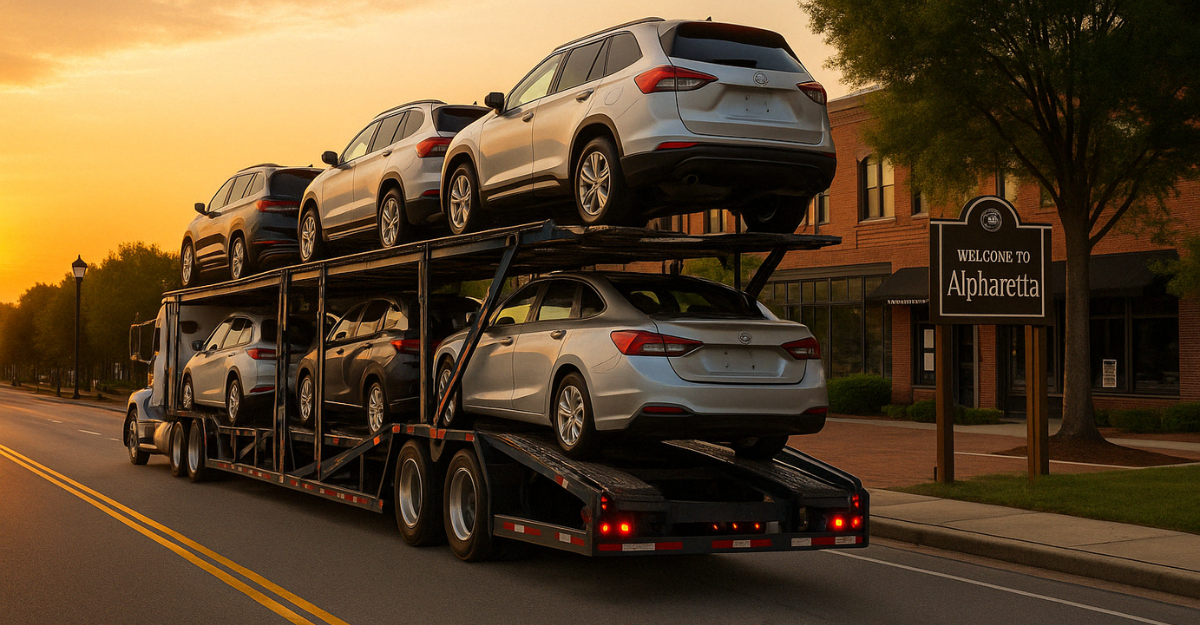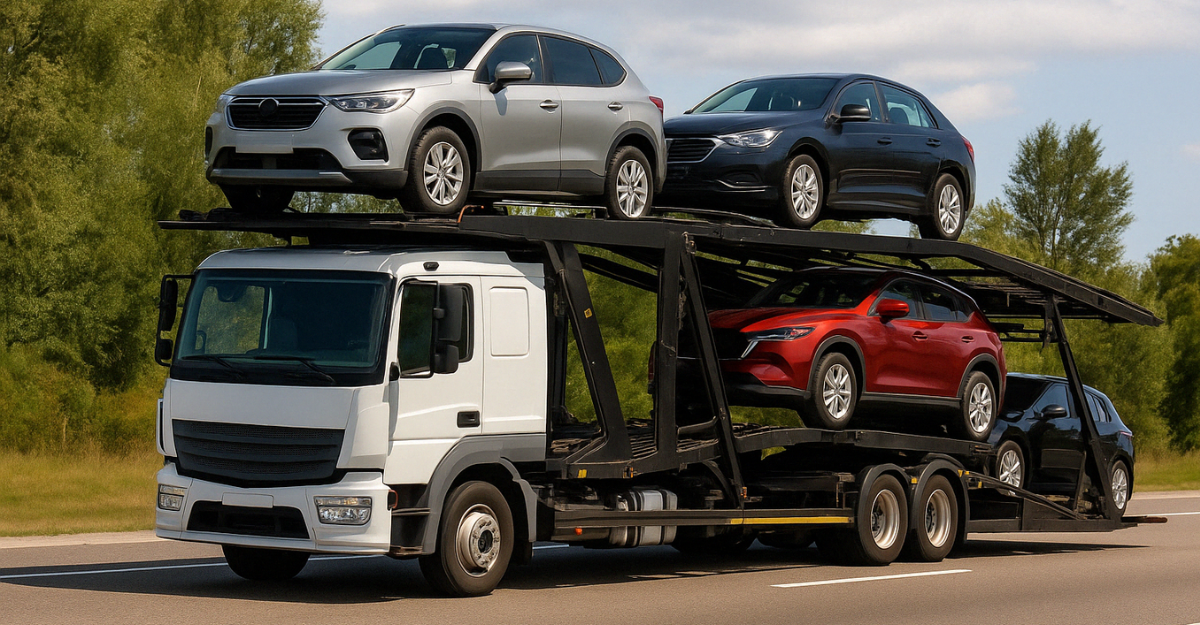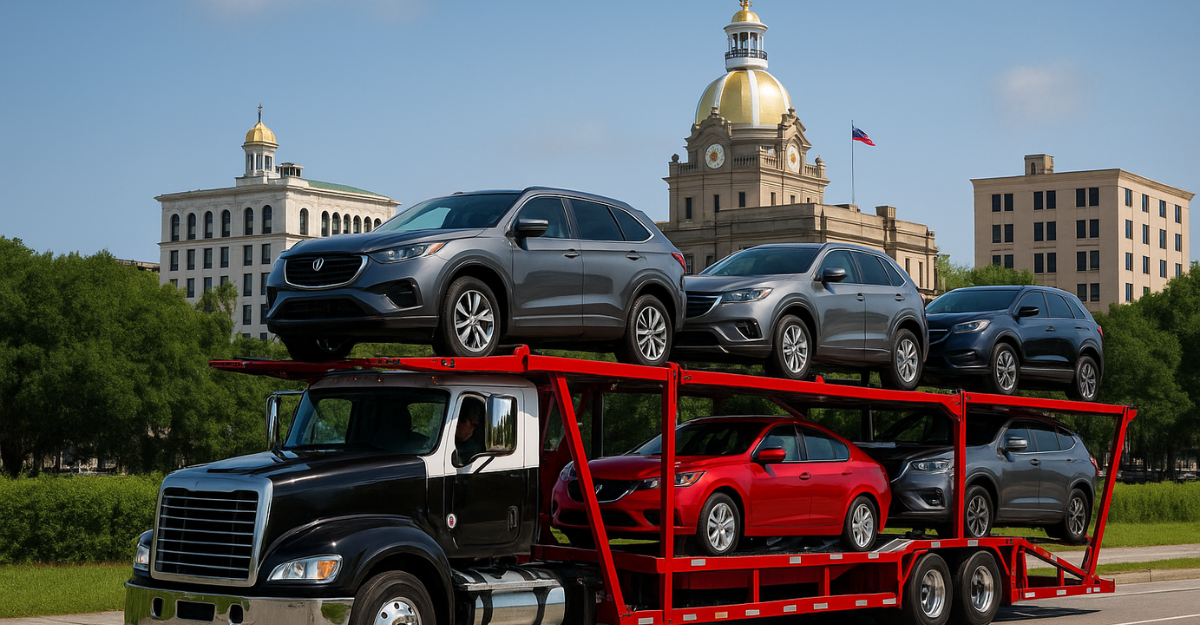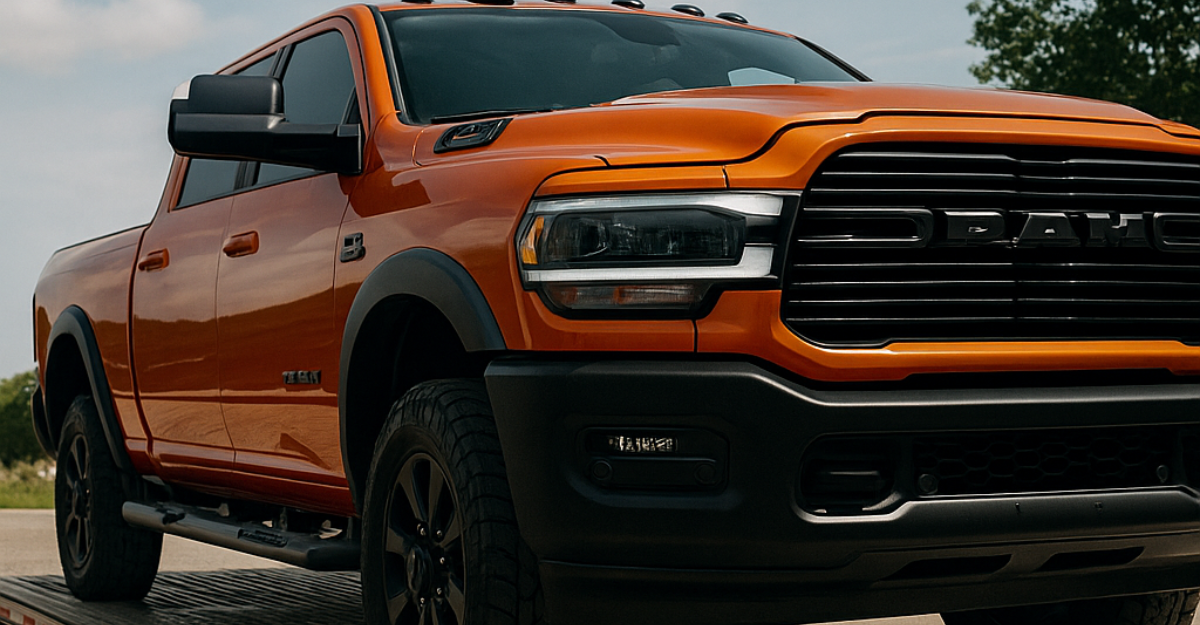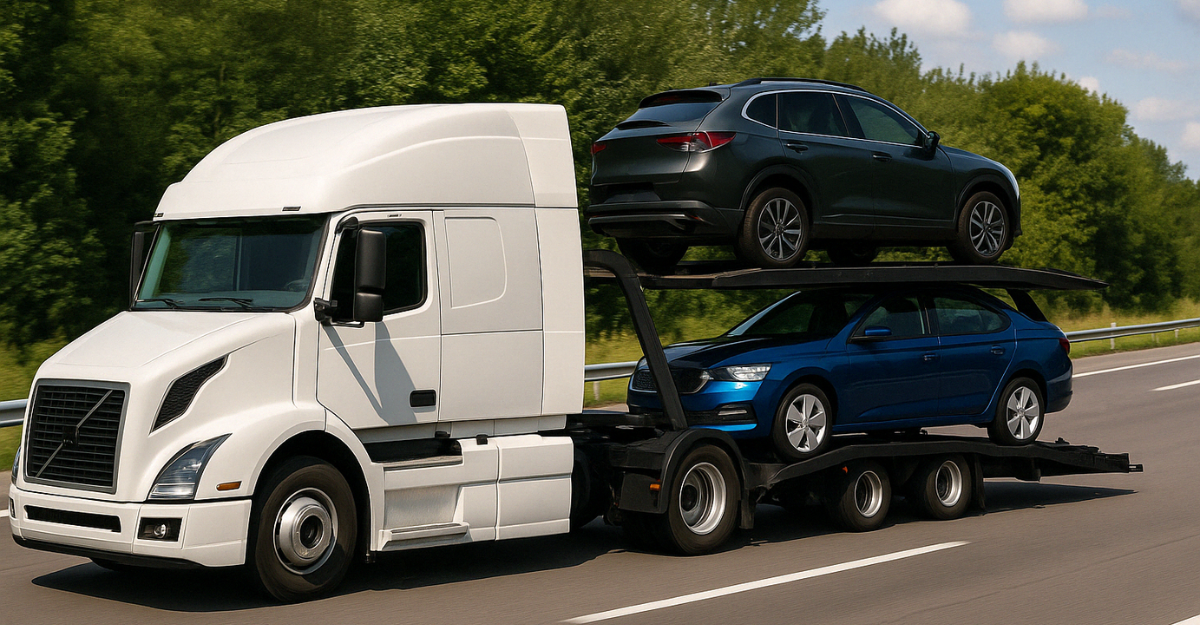When it comes to shipping your vehicle, choosing between enclosed vs open car transport is one of the most important decisions. The type of transport you select impacts the price, protection, delivery time, and overall experience. Whether you’re relocating, buying a car online, or delivering to a customer, the right choice depends on your vehicle type, budget, and priorities.
What Is Enclosed vs Open Car Transport?
Understanding the difference between enclosed vs open car transport helps you make the right decision for your vehicle. Open transport uses trailers that carry 7–10 vehicles and exposes them to the elements. It’s affordable and widely used. Enclosed transport, on the other hand, uses covered trailers that offer complete protection from weather, road debris, and visibility. It’s typically used for luxury, rare, or high-value vehicles.
Enclosed vs Open Car Transport: When to Choose Each Option
When to Choose Open Car Transport
Open car transport is ideal for standard vehicles like sedans, SUVs, or pickups. It’s best for people seeking a lower-cost solution for long or short-distance moves. Since open carriers are more common, it’s also easier to schedule and often faster.
When to Choose Enclosed Car Transport
Enclosed car transport is perfect for exotic, classic, luxury, or collectible vehicles. It offers complete protection during shipping, making it the go-to choice for owners who want peace of mind. It’s also preferred when attending auto shows or shipping delicate, modified cars.
Pros and Cons of Enclosed vs Open Car Transport
Pros of Open Transport
The main advantages of open transport are affordability, availability, and faster scheduling. Most everyday vehicles are shipped this way safely.
Cons of Open Transport
Because the car is exposed, it may accumulate dust, rain, or minor debris during the journey. There’s also less privacy during shipping.
Pros of Enclosed Transport
Enclosed transport offers full coverage and higher insurance protection. Vehicles are loaded with soft straps and liftgates to avoid contact with ramps. This method also ensures privacy.
Cons of Enclosed Transport
The biggest drawback is the higher cost—typically 30–60% more. Scheduling may also take longer due to fewer available enclosed carriers.
How to Prepare for Enclosed vs Open Car Transport
To prepare your car for transport, regardless of the method, clean it and photograph all sides. Remove toll tags, personal items, and accessories. Make sure the battery is charged, tires are inflated, and the fuel tank is about a quarter full. Provide accurate contact info and pickup instructions to the carrier.
Recommended Companies for Enclosed vs Open Car Transport
Several companies offer both enclosed and open options with reliable nationwide service. Montway Auto Transport is well-known for flexibility and real-time tracking. Sherpa Auto Transport is popular for their Price Lock Guarantee. AmeriFreight provides discounts and strong customer support. Direct Express Auto Transport offers instant quotes. uShip allows customers to choose between multiple transport bids.
FAQs About Enclosed vs Open Car Transport
Is enclosed car transport safer?
Yes. The vehicle is shielded from rain, snow, dust, and visibility. It’s ideal for high-end or sentimental cars.
How much more does enclosed shipping cost?
On average, enclosed shipping costs 30 to 60 percent more than open transport. However, it may be worth it for the added protection.
Can I ship a non-running vehicle with either option?
Yes, as long as you notify the company in advance. Special loading equipment like a winch or liftgate may be required.
Price Comparison for Enclosed vs Open Car Transport
| Route | Open Transport | Enclosed Transport |
|---|---|---|
| Dallas to Miami | $750 – $950 | $1,200 – $1,500 |
| New York to Chicago | $600 – $850 | $1,000 – $1,300 |
| Los Angeles to Seattle | $850 – $1,100 | $1,400 – $1,700 |
| Atlanta to Denver | $950 – $1,200 | $1,500 – $1,800 |
Feature Comparison Table: Enclosed vs Open Car Transport
| Feature | Open Transport | Enclosed Transport |
|---|---|---|
| Price | Lower | Higher |
| Protection from elements | No | Yes |
| Ideal for | Standard vehicles | Exotic, luxury, classic |
| Insurance coverage | Basic | Enhanced |
| Visibility during transit | Fully exposed | Completely private |
| Availability | High | More limited |
Summary: What’s Best for You?
If you’re shipping a standard car and looking to save money, open transport is a safe and smart choice. But if your vehicle is rare, valuable, or emotionally significant, enclosed vs open car transport favors enclosed for the added protection and peace of mind.

